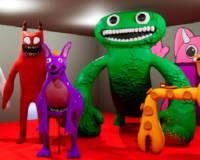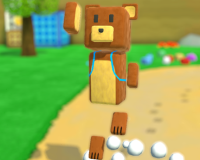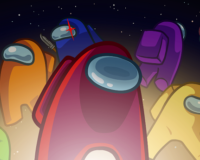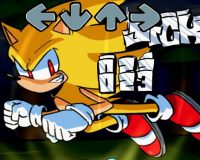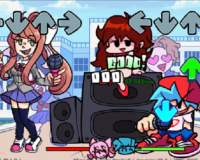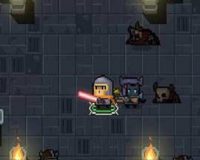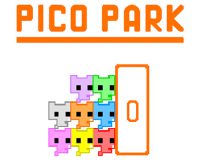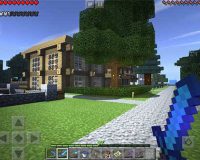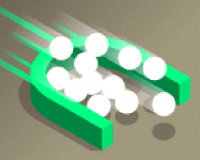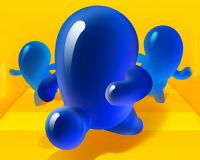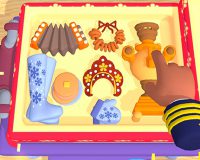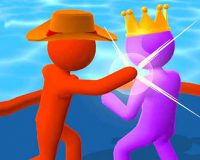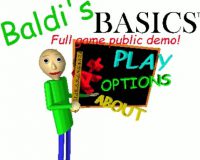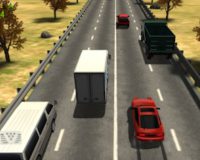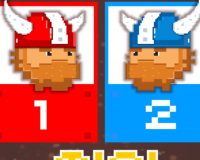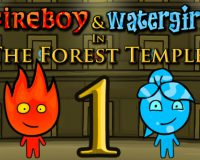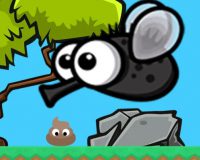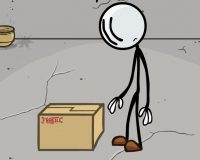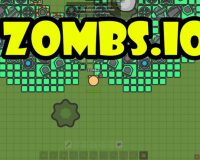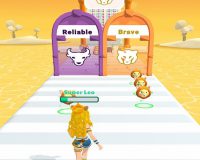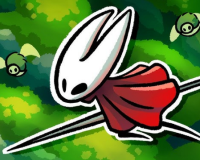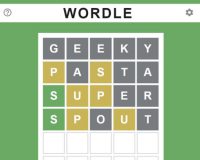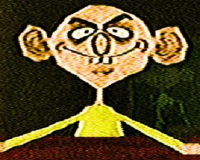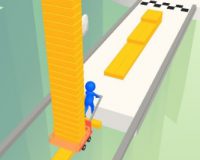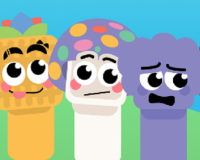
Advertisement
Catan Board Game
Catan Board Game is a multiplayer board game where players aim to control territory and gather resources on an island divided into hexagonal tiles. Each tile produces a specific type of resource—such as brick, ore, grain, lumber, or wool—based on dice rolls. Players use these resources to build roads, settlements, and cities while trying to reach a total of ten victory points. The game combines structured rules with variable board layouts, allowing each session to play out differently.
Resource Collection and Dice-Based Events
At the start of each turn, a player rolls two dice. The sum of the dice determines which hex tiles produce resources for all players with adjacent settlements or cities. If a seven is rolled, instead of collecting resources, the robber is activated. The robber is moved to a tile of the current player’s choice, blocking its production and allowing that player to take a resource card from an opponent. This adds a layer of tension and control, especially when targeting players with key resource access.
Player Options and Building Strategies
Throughout the game, players can choose to perform several main actions:
- Build roads to connect new parts of the board
- Place settlements at intersections for resource access
- Upgrade settlements into cities for more production
- Buy development cards that offer various advantages
- Trade resources with other players or through ports
Each action requires specific resources, so careful planning is needed to maintain balance and progression.
Achievements and Victory Conditions
There are two achievements in Catan Board Game that award additional points: the player with the longest continuous road gains two points, and the one with the largest army—earned by playing knight cards—also receives two points. These achievements are dynamic and can change hands as players progress. The race for these goals often influences decisions about whether to expand territory, collect cards, or focus on trading for missing resources.
Catan Board Game is a combination of probability, planning, and interaction. It requires players to think about both short-term gains and long-term outcomes. The modular board allows for endless variation, making the game suitable for repeated play. Whether focusing on trade, construction, or development, players must adapt to changing conditions and the actions of others. Its balance of structure and flexibility has helped it become a widely played title in the world of modern board games.










